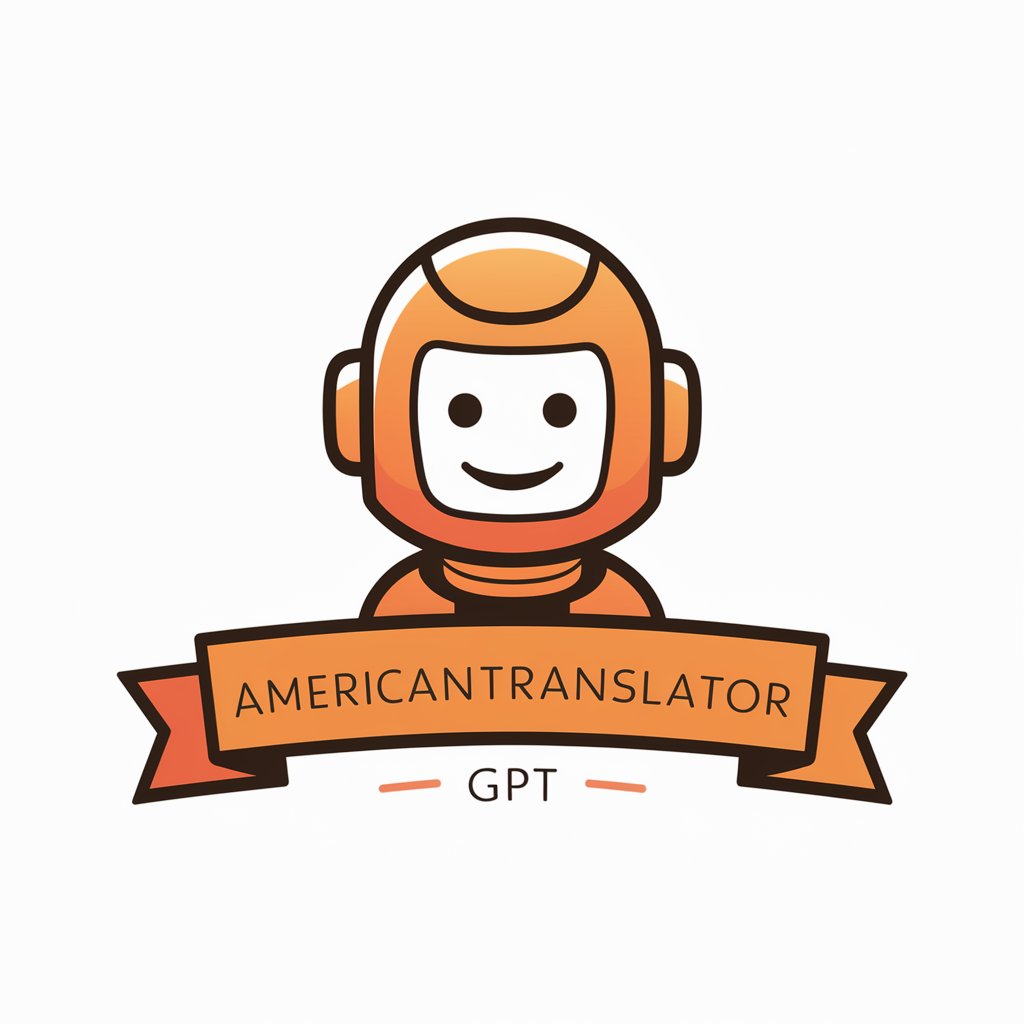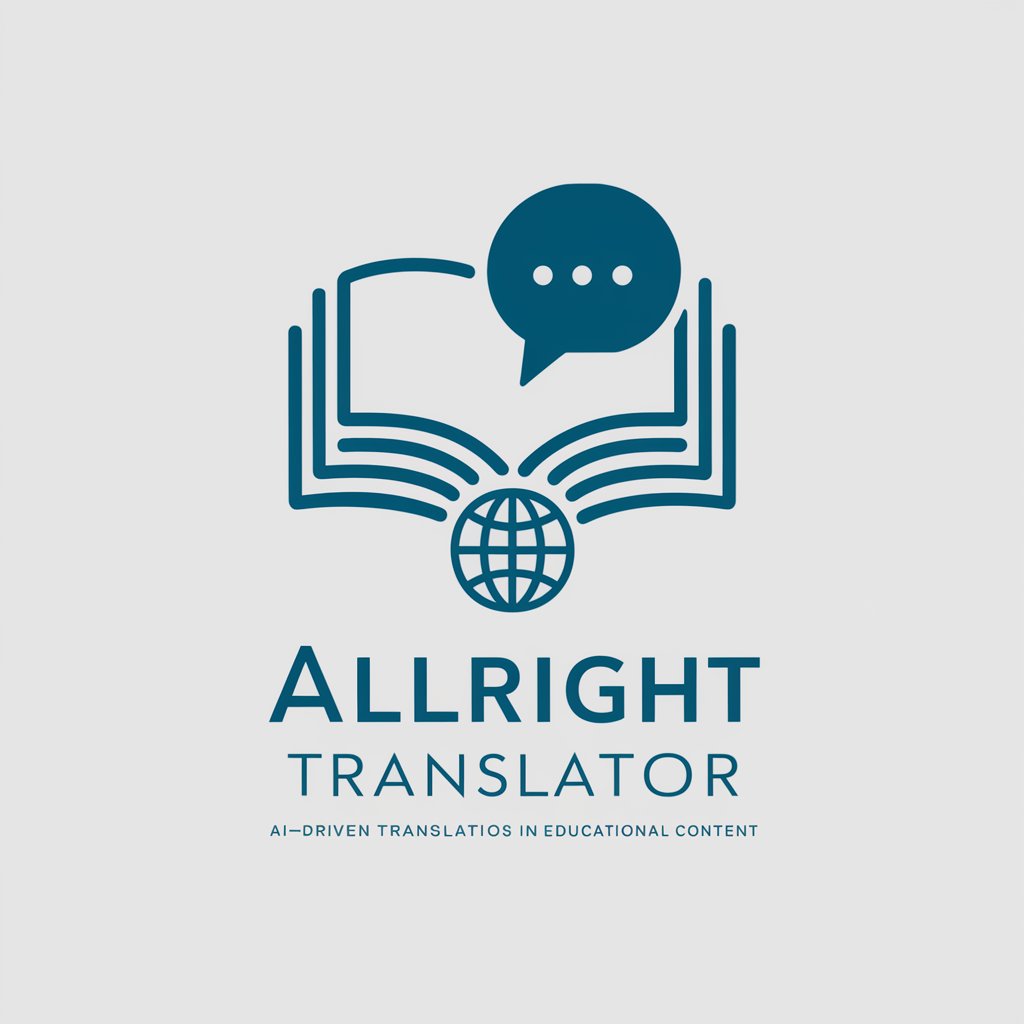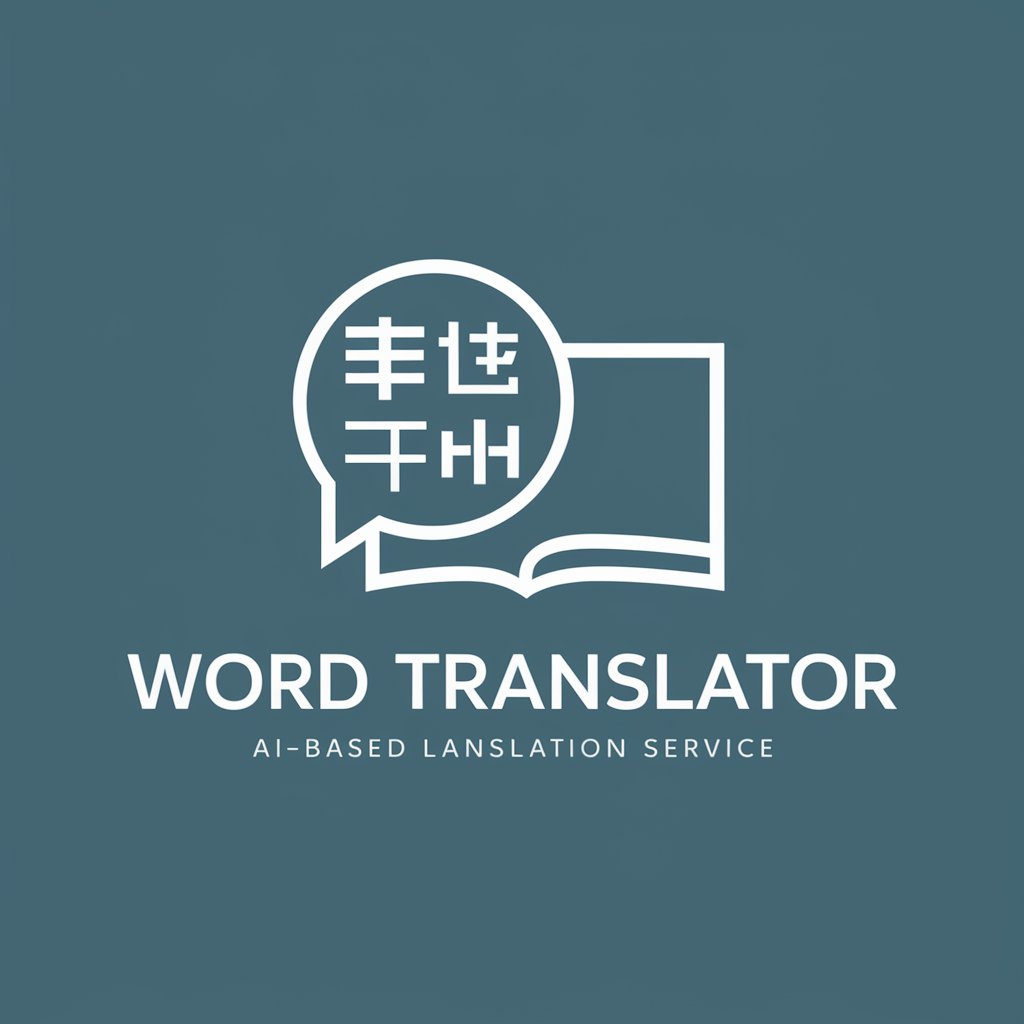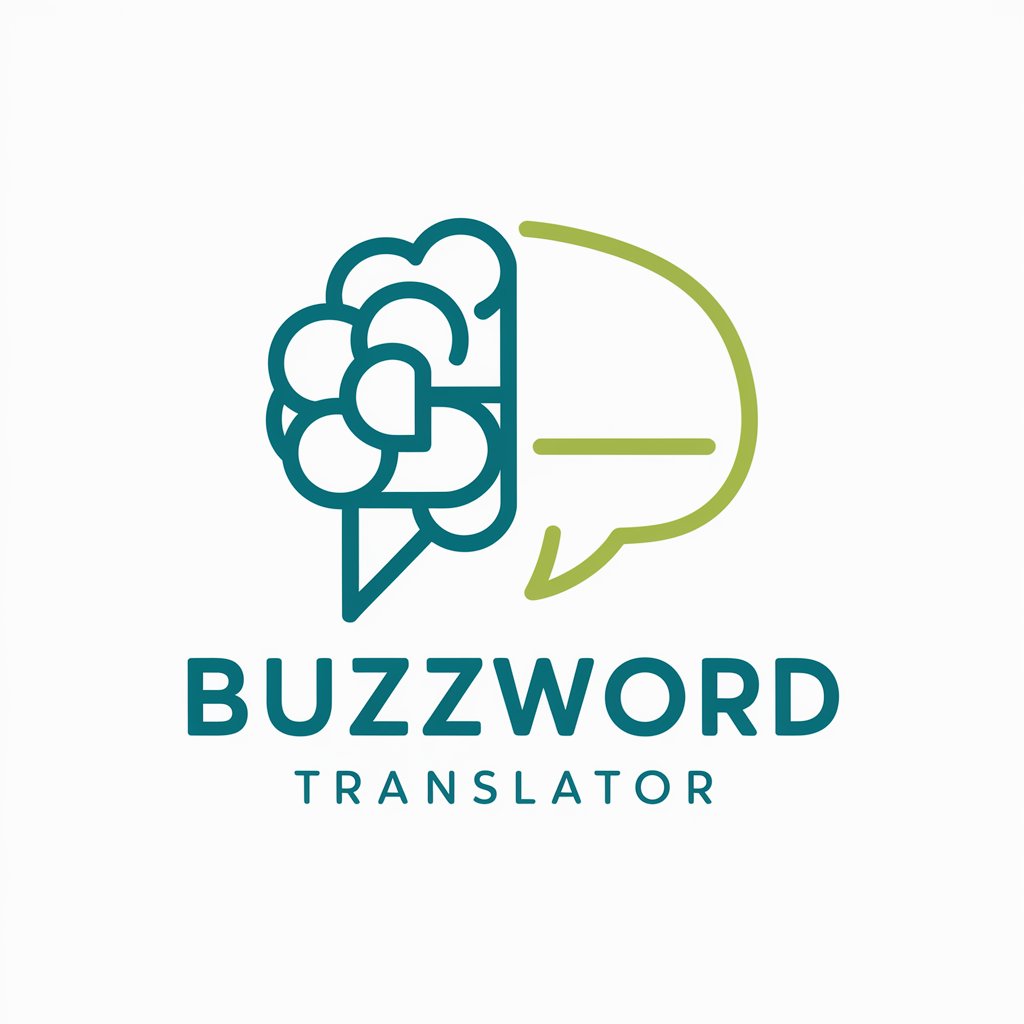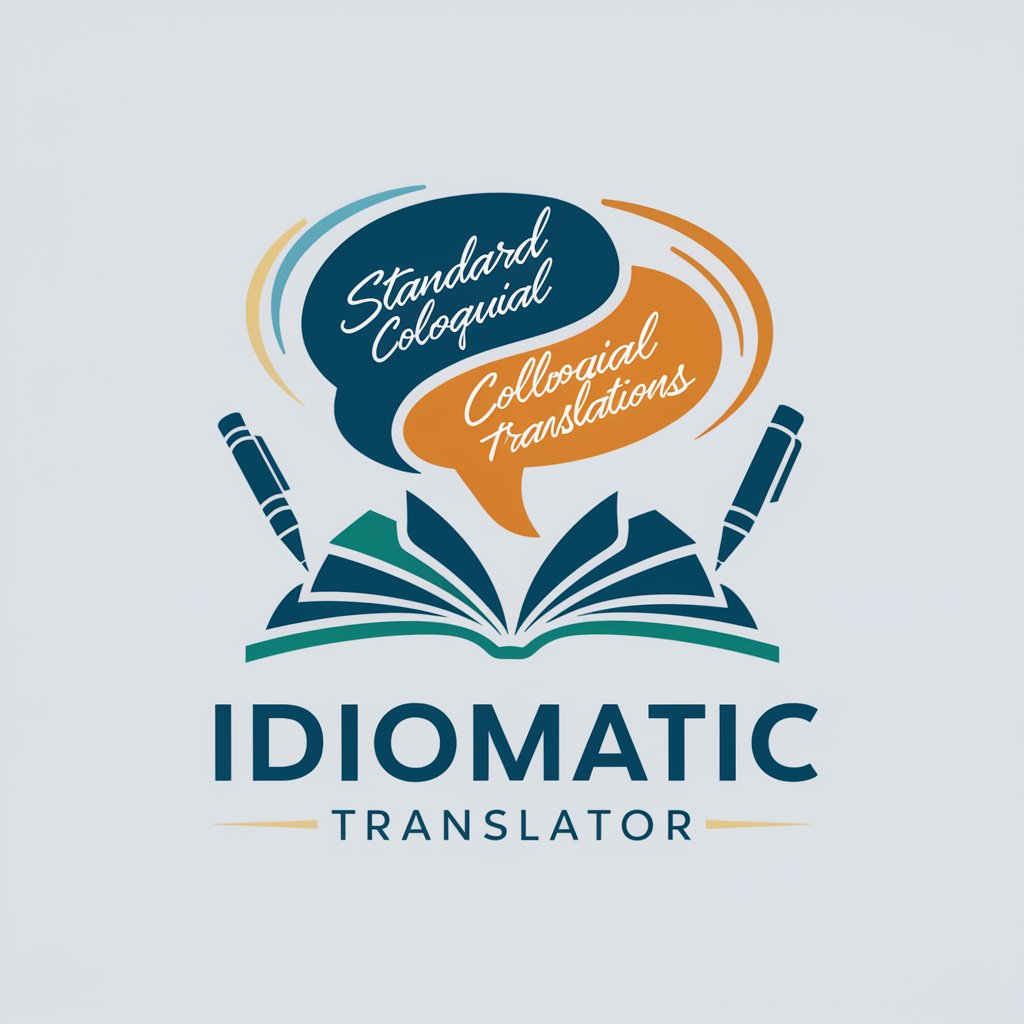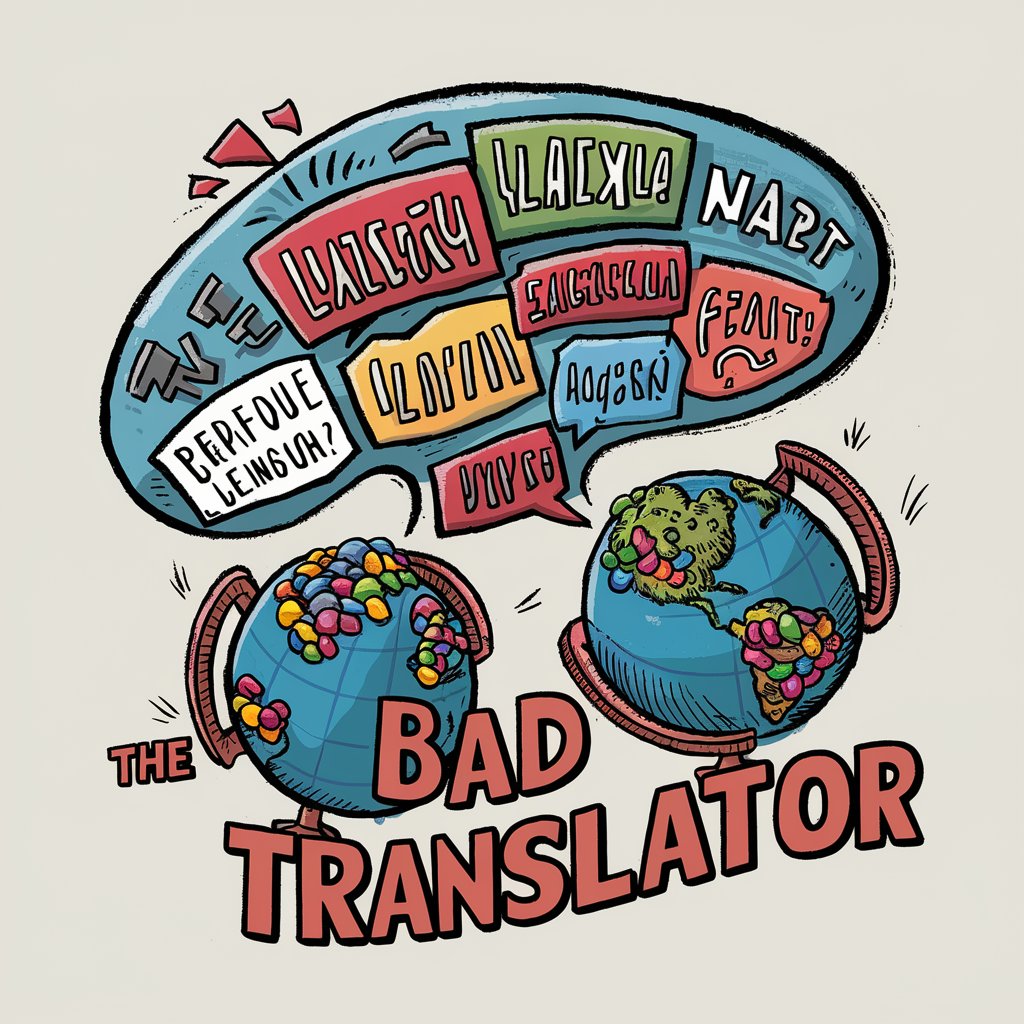
Story Terms Translator - English-Chinese Story Terms
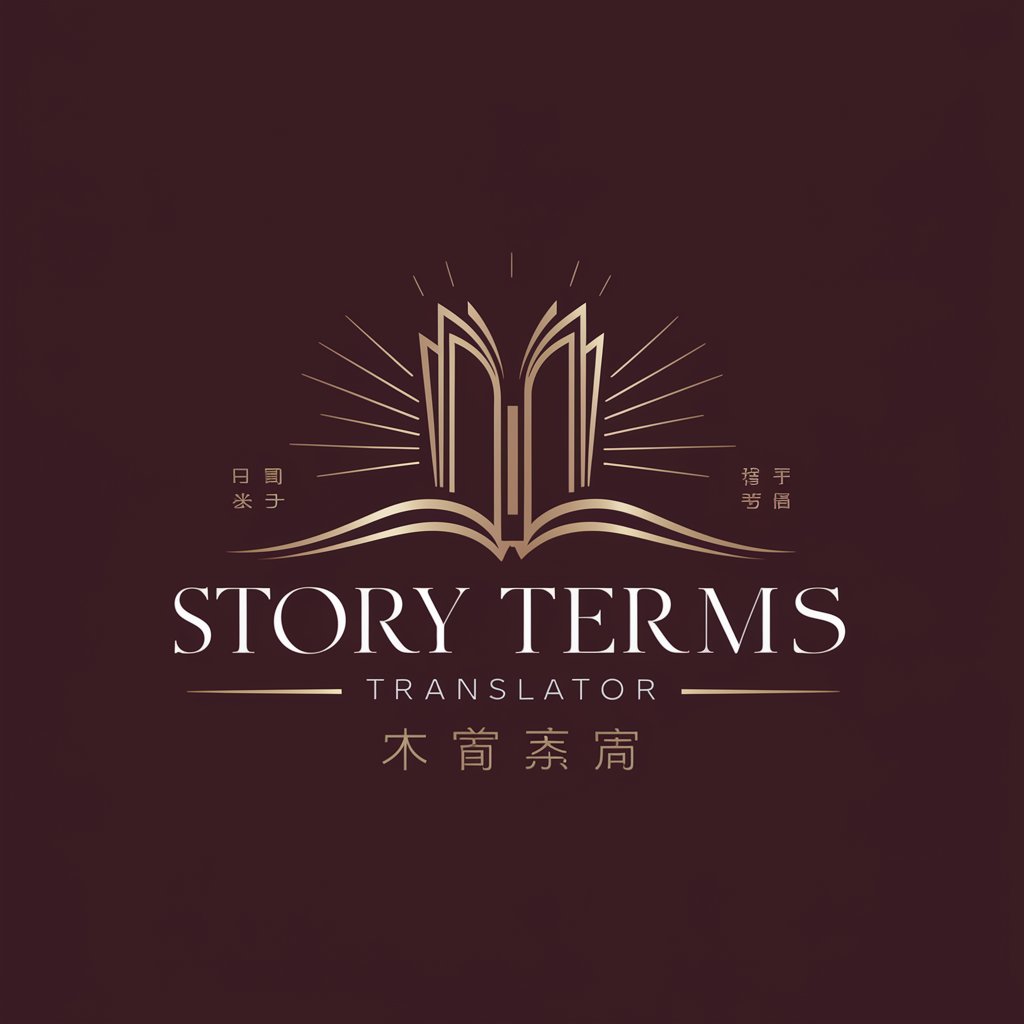
Welcome to Story Terms Translator, your guide to storytelling terminology.
Master Storytelling with AI Translation
Explain the importance of...
Define the concept of...
Describe how to effectively use...
Compare and contrast...
Get Embed Code
Introduction to Story Terms Translator
Story Terms Translator is designed as a specialized tool to aid understanding and translation of storytelling terminology between English and Traditional Chinese. It serves as a comprehensive dictionary that categorizes terms into various chapters such as Concrete Elements, Abstract Elements, Storytelling Techniques, Story Development, Narrative Structures, Genre and Style, Historical Contexts in Storytelling, and Audience Engagement Techniques. For instance, a user can look up the term 'Deus Ex Machina' under the Abstract Elements chapter and find not only the Traditional Chinese equivalent but also detailed explanations and contexts of use. This helps bridge linguistic and cultural gaps between different storytelling traditions, making it an invaluable resource for writers, educators, and scholars who are engaged with diverse narrative forms. Powered by ChatGPT-4o。

Main Functions of Story Terms Translator
Terminology Translation
Example
Translating 'Climax' to Traditional Chinese as '高潮'.
Scenario
A Taiwanese screenwriter is writing a screenplay in Traditional Chinese but uses English resources to study storytelling structure. Using Story Terms Translator, they can seamlessly translate critical terms and ensure they apply correct narrative techniques.
Cultural Contextualization
Example
Explaining 'Red Herring' within Western storytelling traditions.
Scenario
A Chinese-speaking novelist is exploring the use of misdirection in a mystery novel. By understanding how 'Red Herring' is used in Western narratives, they can more effectively integrate this technique into their story with appropriate cultural adaptation.
Educational Tool
Example
Providing detailed descriptions and uses of terms like 'Foreshadowing'.
Scenario
A university lecturer in Hong Kong uses the platform to prepare course materials and lectures for a class on Western literature, explaining key storytelling terms and their significance within various plots and genres.
Ideal Users of Story Terms Translator
Writers and Screenwriters
This group benefits immensely as the tool aids them in understanding and using diverse storytelling techniques and terms accurately in their works. Whether writing in English or Traditional Chinese, they can maintain narrative integrity and cultural relevance.
Educators and Academics
Professors and teachers who are involved in comparative literature or creative writing courses find this tool helpful for preparing bilingual educational materials and facilitating a deeper understanding of story mechanics among students from different linguistic backgrounds.
Translators and Linguists
Specialists who work with literary translation can use this tool to ensure precise and culturally aware translations of storytelling terms, which is crucial for maintaining the narrative's essence across languages.

How to Use the Story Terms Translator
Access the tool
Go to yeschat.ai to explore Story Terms Translator without the need for a login or a subscription to ChatGPT Plus.
Choose a chapter
Select a chapter from the available categories such as Concrete Elements, Abstract Elements, or Narrative Structures, depending on the specific terminology you need.
Search for terms
Use the search function to find specific storytelling terms. You can search in English and the system will provide the Traditional Chinese translations, definitions, and usage examples.
Study translations
Review the detailed explanations and translations to understand how each term is used in the context of storytelling. This is especially useful for bilingual writers and translators.
Apply knowledge
Utilize the terms and their translations in your writing projects, academic research, or while teaching storytelling concepts to ensure precise and effective communication.
Try other advanced and practical GPTs
Simple Terms
Simplifying Legal Language with AI

Legal Terms Explained
Decoding Law with AI Power
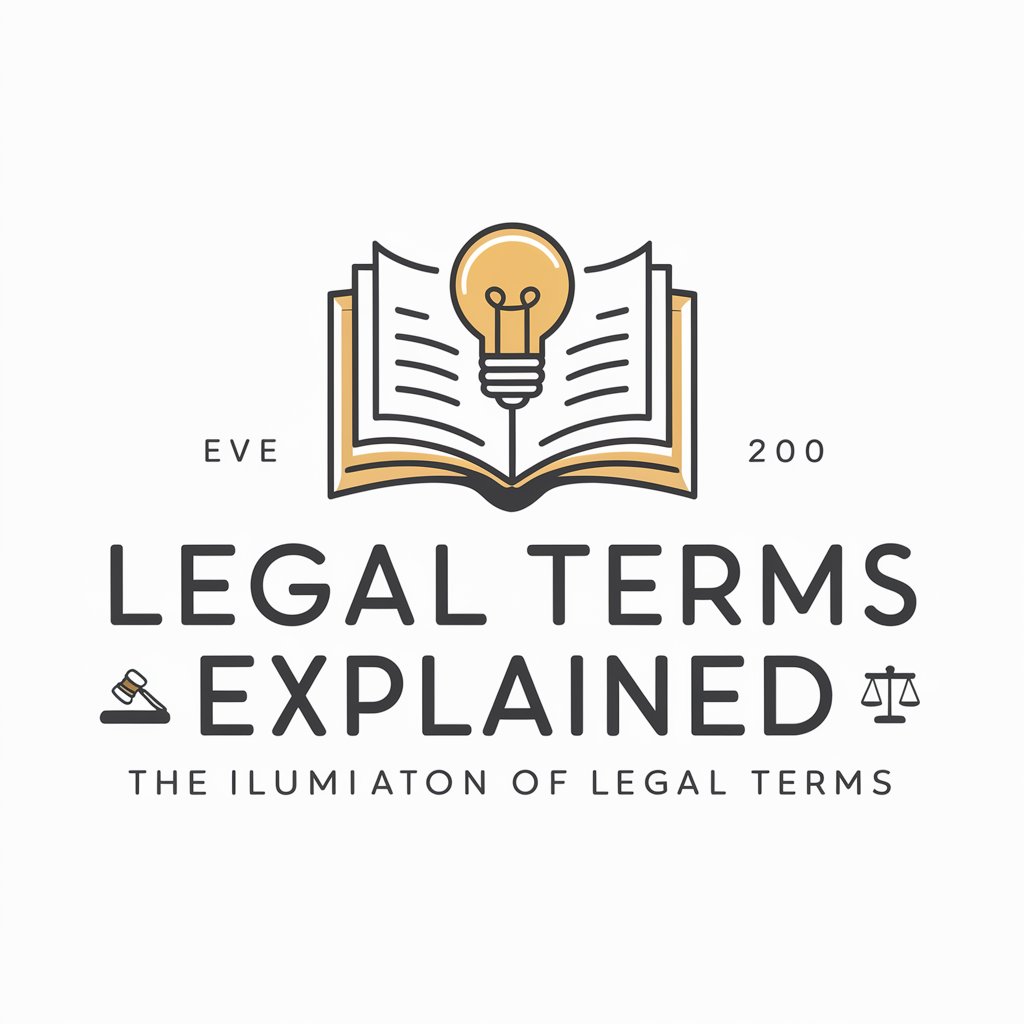
Terms Simplifier
Clarify Terms with AI Power

Medication Guide (Pro)
Empowering informed medication decisions with AI.

Medication-Info GPT
Empowering informed health decisions with AI

Meditation
Harness AI to Meditate and Relax

Layman Terms Zaps
Simplify automation with AI-powered guidance.
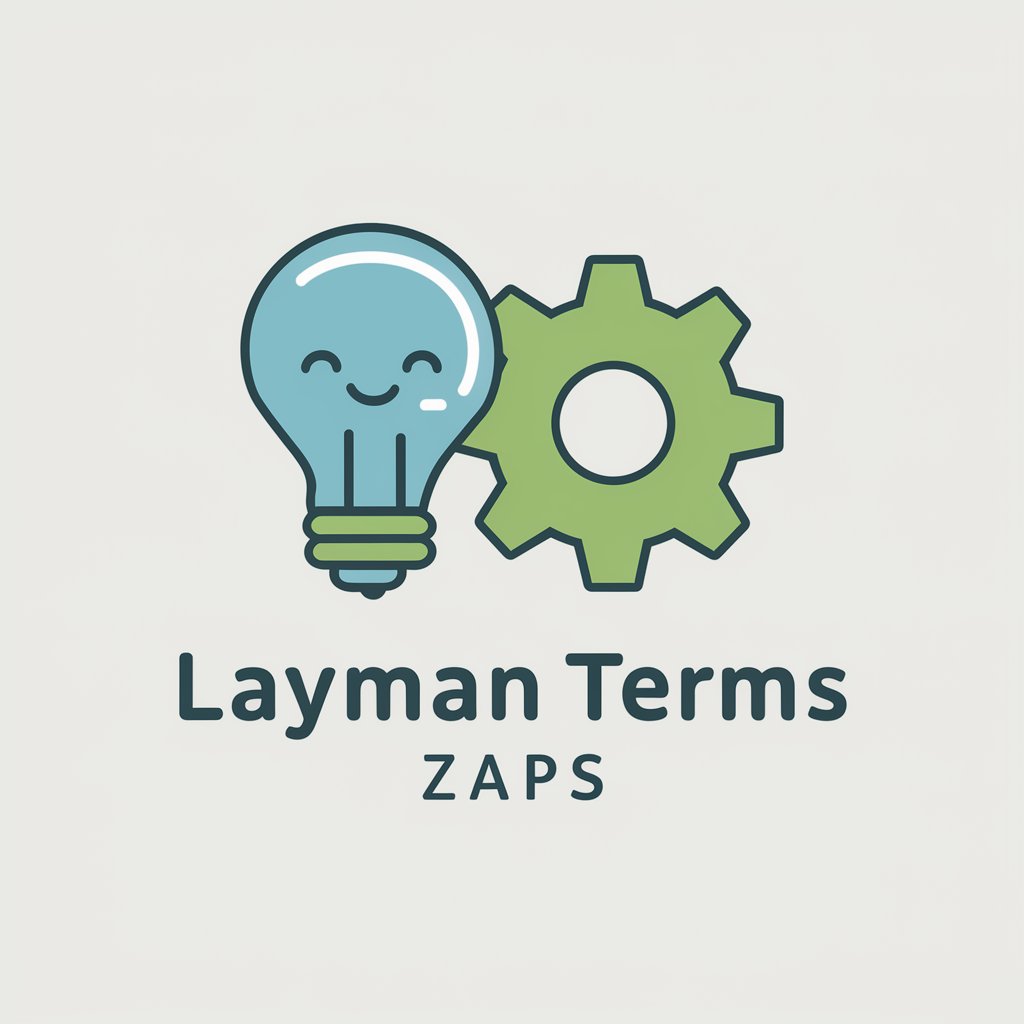
Terms Tutor
Simplify Legal Terms with AI

Casino Terms Analyst
Deciphering Casino Terms with AI

Terms Sage
Simplifying Accounting for Everyone

Simple Terms
Simplifying complexity with AI power.

Watch Now
Stream Smarter with AI

Frequently Asked Questions about Story Terms Translator
What languages does the Story Terms Translator support?
The Story Terms Translator supports English and Traditional Chinese. It is designed to translate storytelling terms from English into Traditional Chinese and vice versa.
Can I use this tool for academic purposes?
Absolutely, the Story Terms Translator is ideal for academic research, providing precise translations and detailed explanations of storytelling terms which can be cited in research papers or used during lectures.
Is there a mobile version of the Story Terms Translator?
Currently, the Story Terms Translator is best accessed via a web browser on a desktop or laptop for optimal viewing and usability, though it is usable on mobile web browsers as well.
How can this tool help writers?
Writers can use this tool to enhance their understanding of narrative techniques and storytelling structures, thereby improving their writing skills and enabling them to craft more compelling stories.
Are there any user guides or tutorials available?
Yes, the website offers a comprehensive user guide that provides step-by-step instructions on how to utilize the Story Terms Translator effectively. This guide is helpful for new users unfamiliar with the tool.
